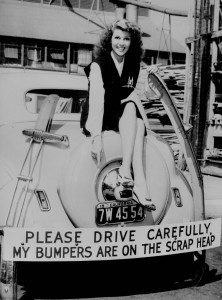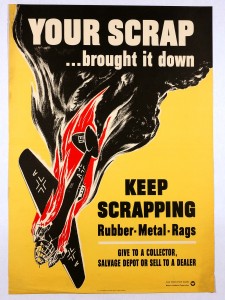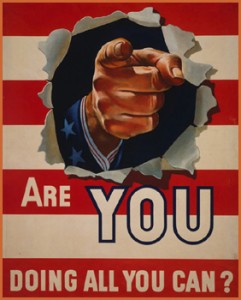I met author Jim Morris a few years ago, and we’ve been in sporadic contact ever since. It’s just come to my attention that some of his books are being picked up by a new publisher.
I contacted Chris and Janet Morris (no relation to Jim) of Perseid Press, and they agreed to answer a few of my questions.
VP: What is your story–how did you become authors?
PP: We met when we were 19, actually through the music business. Each of us had written songs, lyrics and music, independently. Both had begun playing instruments at an early age. Janet had created a school newspaper in the sixth grade and won prizes for poetry even earlier; Chris had worked in bookstores, and started playing guitar when he was 12. Both families were highly literate, so music and musicals, as well as fiction and nonfiction, were always part of our lives.
Janet could read and write and tell time before entering the first grade; Chris’ influences took a more political path, since his father was a famous photojournalist, and picture editor for the Washington Post and the New York Times. We met in New York City’s Greenwich Village, where we first lived together; and those were heady, sometimes dangerous, times for all involved with the arts and politics.
We began writing songs together, joining bands, and put several bands together, two of which had production interest. Janet started her first novel at 25, High Couch of Silistra, about the same time Chris started The Christopher Morris Band, and both projects got different agents the same week, and signed unrelated book publishing and record deals the same month. Chris’ album on MCA and Janet’s first Silistra book, published by Bantam, were each released in 1977. This led to a redistribution of effort: Janet wrote three more novels in the Silistra series, later to be called the Silistra Quartet; Chris focused on his band and song writing. We wrote together, edited and assisted one another. And still do. In the late 1980s, we each became research directors for a Washington think tank, where we were the architects of the US Joint Nonlethal Weapons program, and assisted select western nations in starting their own programs; we also led the first defense technical evaluation team to the then-Soviet Union to assess Russian military technology, and supported the US Army and the USMC in various areas, including what was at the time called the Marine Expeditionary Rifle Squad (or MERS). For a score of years we raised and showed American Morgan Horses, the remnants of the U.S. Government’s only horse-breeding program, and had several World Champions.
 VP: Both of you’ve been writing SF/F for a while, now. What would you say makes your “brand” unique?
VP: Both of you’ve been writing SF/F for a while, now. What would you say makes your “brand” unique?
PP: Our books are not for the faint of heart, or the politically correct, nor are they dumbed down. They are challenging and meant to be so. We explore the human condition, and what relationship and responsibility an individual has to self, society, and planet. Just as our deep experience with horses informs our books about ancient cavalry fighters, so do our futuristic books have a basis in technology areas that will shape our future. But most of all, the books we write are the books we want to read. By pleasing ourselves and writing honestly, we bring a directness to the topic areas we explore, whether those are nuclear war, time travel, genetics and behavior, or questions about government itself, good and bad. And we hope always to meet our own standard.
VP: Are there recurring themes you deal with in all or most of your books?
PP: We examine the heroic model, the importance of individual struggle in service to an ideal. In Greek mythology, philosophy and ancient history, we find lessons that can help people today, whether those lessons are presented allegorically or directly. We are particularly interested right now in hero-cults and how humans deal with crises, as well as considerations of metaphysics, mortality and morality.

VP: What motivated you to become a publisher?
PP: We stopped writing fiction when we began writing in the national and international security area. This meant walking away from burgeoning careers as novelists, but we thought it important to serve as we did. When, in 2009, we felt the need to write a new novel, which became The Sacred Band, we talked to our agent about sending it to the usual suspects, but we wanted to keep our e-publishing rights. Under those conditions, a 21st century publishing deal of substance would be difficult, and this was the final deciding factor: Rather than give up our e-publishing rights, we started Perseid Press, where we can control the covers, print size, book length, and production values as we had never been able to do when published by New York behemoths.
VP: Was it difficult establishing a publishing house; or with your contacts/network, was it just a matter of making a few calls?


PP: Anything worth doing is difficult. Perseid Press evolved, rather than being established. We provided some backlist titles, our agent facilitated some e-publishing for us under Perseid’s name to begin with. We revived our Heroes in Hell series so that we could help showcase emerging talents. We conceived our “Authors’ Cut” editions so that we could go back and revise and expand books we felt deserve digital immortality. Writers came to us, people we knew and people we didn’t know. So we have become a very small press, publishing what we like from writers who “write dangerously,” which is, in a nutshell, what we ourselves do. Often the books we buy and write don’t fall into existing marketing categories. And that doesn’t scare us.
VP: (Just a personal note, here: As a young GI (“cherry” in the unit-specific dialect) I quickly learned an axiom popular at my first duty-station–that there were probably 80 males for every female for a 50-mile radius around Fort Bragg, NC. It might have been an exaggeration, but it was true enough for practical purposes. Whenever time off was granted (but not enough to drive beyond that 50-mile radius), I got away from the barracks as fast as possible, even if I didn’t have a plan for what to do. Two of my favorite haunts were Ed McKay’s Used Books off Yadkin Road, or the news stand/bookstore in the Cross Creek Mall. At the latter, I remember seeing a few of your Heroes in Hell books. I almost bought one a couple times, but reading about anyone in Hell wasn’t quite the escape I was looking for. I was worried I might be on the road there, myself.)

What are your ambitions for Perseid Press?
PP: Our main goal for Perseid is that we not lose quality as we grow. Perseid wants to be bigger than we had intended, and we are keeping a very tight rein on it, but new opportunities are hard to resist. We have a website that functions as a bookstore of sorts, and a network of people who believe in what we’re trying to do. In one sense we are a couple of fingers in the leaky dike holding back the flood of illiteracy; in another sense, we are curators selecting books we think should survive. In yet one more sense Perseid is a literary triage effort, for a society which has lost its cultural compass and lies close to intellectual death. This is an uphill battle, perhaps, but as Tempus said in The Sacred Band: “We make the world better one battle at a time.”
VP: I hear you on the illiteracy deal. It’s been the bane of my existence for a few years. Do you plan to remain focused on SF/F?


PP: We love sf in the true sense: speculative fiction with a moral component, but not a moralizing component. We will always look at well-thought sf, if the adventurous literary quality is there. We already have published a rigorous historical by Janet, I, the Sun, about the greatest king of the Hittite empire, and that character has much to say that applies to life today. We are publishing a magical realism/literary book called Truck Stop Earth by award-winning author and journalist Michael A. Armstrong, whose novel Bridge Over Hell we have already published; we have published a memoir about an ex-patriot in Peru, Reckless Traveler, by Walter Rhein. We are publishing Andrew P. Weston, the author of The IX, Exordium of Tears, and Hell Bound, in both fantasy and science fiction; Andy is a former Royal Marine and is still active in the security area. A new addition to our roster is Jim (James Franklin) Morris, author of the bestselling War Story; we are honored and excited to be publishing Jim’s alternate history/magical realism novels, beginning with Tahlequah, and republishing at least three of his nonfiction books, including War Story. And we’re readying our first entry in the paranormal-suspense area, Schade, by J.P. Wilder, also a special forces graduate. And of course, we continue the Heroes in Hell series, and have begun a new shared concept series with Heroika 1: Dragon Eaters, to be followed by… you guessed it… Heroika 2: Shieldless.

The Perseid Press website is: http://www.theperseidpress.com/
VP: Somewhat involved in the book biz myself, I’m impressed with what an increasingly tough racket it is. The pool of potential readers seems to be shrinking all the time, while the number of published authors grows rapidly. POD publishing and ebooks have revolutionized the industry, which is a double-edged sword: It’s easy to break into the business now, but it’s harder than ever for readers to find an author’s books (at least when that author is an indie, and doesn’t have some sort of platform to exploit). Frankly, so much of the indie fiction out there is poorly written, that the stigma indie authors are saddled with is understandable. Yet the Big Five are in such trouble financially these days, there is speculation that indies and micropublishers will be the only game in town one day. As professionals in the industry, I’d love to hear any insights or opinions you have on the state of things, the future of publishing, etc.
PP: As far as insights into publishing as it changes: along with the rest of humanity, we are trying to deal with the information overload of the internet, which in its turn is reducing literacy and attention span. We see audio books as a possible mitigating factor, but no such factor will make up for the simple lack of education that is so pervasive, coupled with the pernicious assurance that the uninformed opinion is as important as the informed opinion. We go forward based on our own goals, prejudices, and perspectives, hoping to attract a growing readership of like mind. When we edited books or anthologies for the big NY publishers, we learned that you, as an editor, are looking as hard for a writer to excite you as that writer is looking for a simpatico editor. When the two meet, sometimes magic happens, but not often enough. We’re concerned by the “dumb like me” attitude we see growing, by poor-quality books proliferating — but then one remembers Henry James, who coined the term “trash triumphant” to describe publishing at the end of the 19th century. Literature survived those days; it will survive these days. There always will be bad writing, self-indulgent readers, and those who only want to hear ideas with which they already concur, literature that ratifies their pre-existing tastes. We simply have more people today. The ones who choose video games rather than books are not our readership. We’re not serving the reader with a five-hundred word vocabulary, but we have no quarrel with those publishers or authors who are doing so, now that the slush piles of former days are all available free of charge.
VP: Please explain the “dumb like me” expression–I haven’t heard it before.
PP: “Dumb like me” is a phrase describing the attitude of those who consider reasoning a chore, a stressful exercise threatening to revisit dearly held notions of reality, worse, to overturn them with a priori observation, undermining ‘blissful’ ignorance. We won’t use it again in any way implying that we harbor such a view.
“There is a cult of ignorance in the United States, and there has always been. The strain of anti-intellectualism has been a constant thread winding its way through our political and cultural life, nurtured by the false notion that democracy means that ‘my ignorance is just as good as your knowledge.” -Isaac Asimov
VP: Sounds a lot like what I routinely encountered in school, and on Facebook.
As I’ve found out first hand since throwing my hat into publishing, there are hundreds of reasons an author might fail to gather a following, and many of them seem to be completely random wrong time/wrong place kind of reasons. I have my own short list of authors to whom I am grateful because of the books they’ve written; but for whatever reasons they have not enjoyed the success I believe their writing deserves. Two such authors from the tradpub era are Len Levinson and Jim Morris.
Jim Morris has been slept-on for long enough. Now his latest book, Talequah/Battle of Sorcerors and some of his classic non-fiction (including The Devil’s Secret Name) have found a home where they’ll be getting new covers and some adept marketing. Virtual Pulp wishes him phenomenal sales, and thanks Perseid Press for taking the time to respond.
I can’t say exactly when, but we’ll be reviewing some Perseid Press books here in the future.


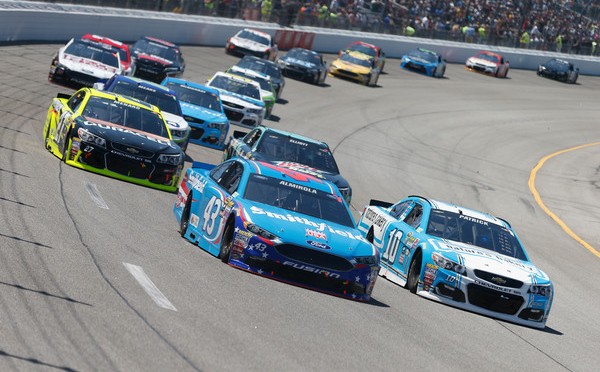






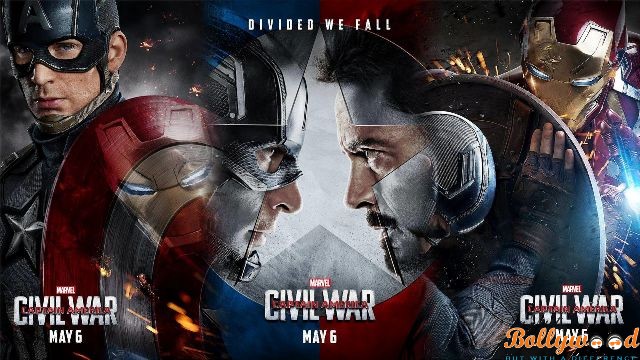
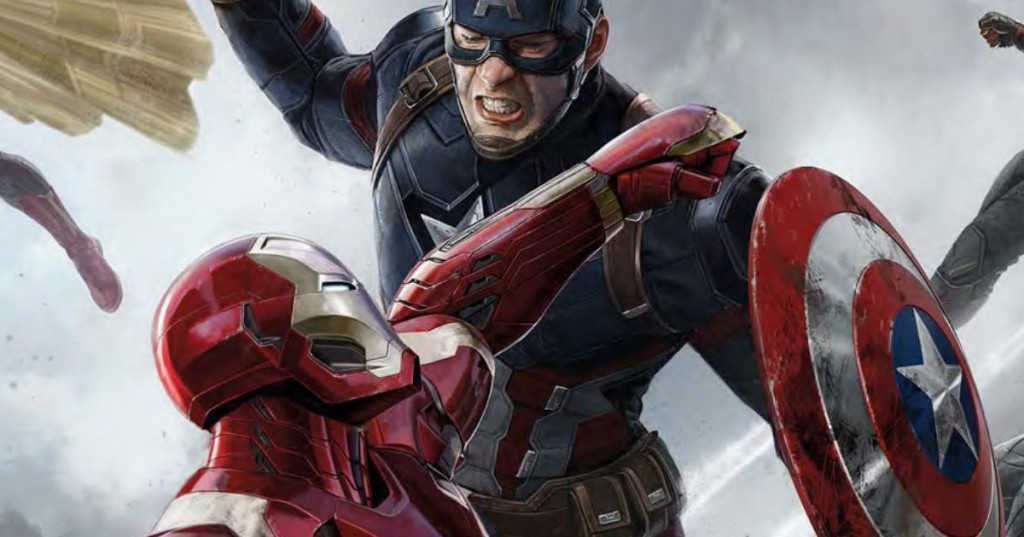
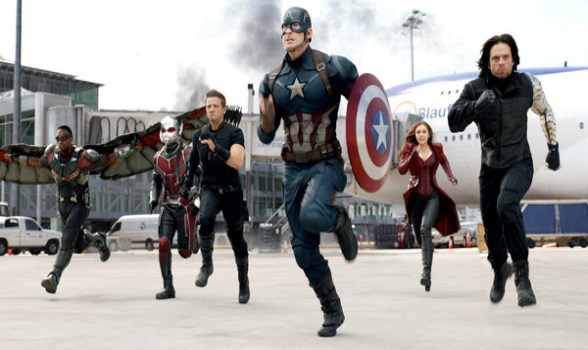
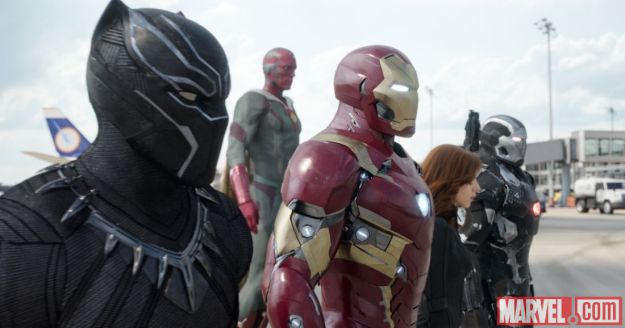

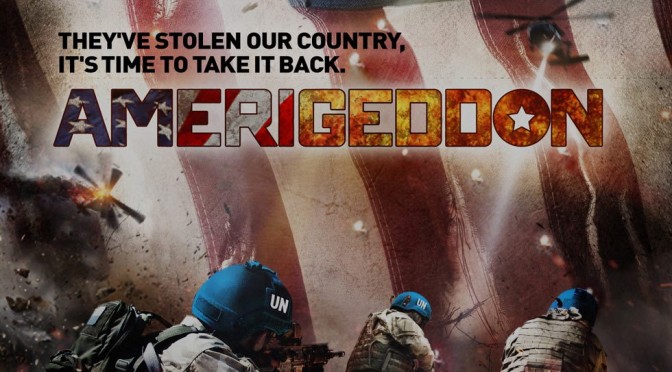
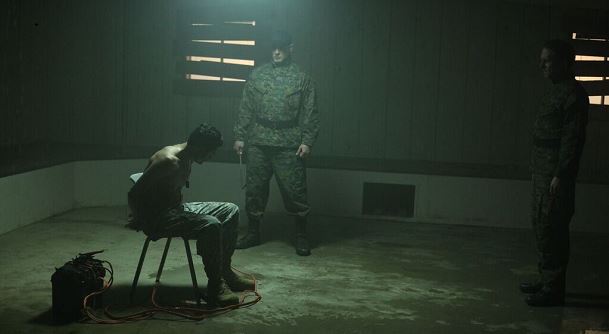
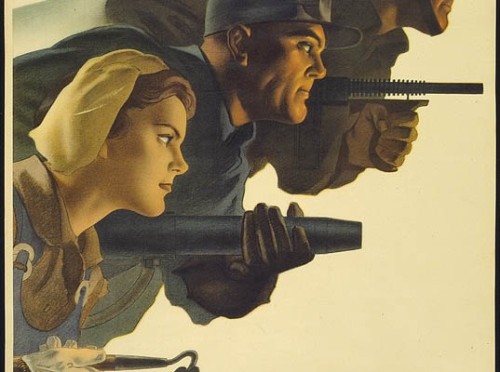
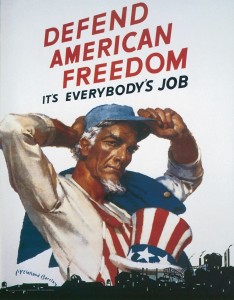 ts have blitzed right through battlefields of opinion and ideas unopposed–like the Red Army rolling through eastern Poland in 1939–so that their monopoly on the flow of information, including creative expression, was ironclad.
ts have blitzed right through battlefields of opinion and ideas unopposed–like the Red Army rolling through eastern Poland in 1939–so that their monopoly on the flow of information, including creative expression, was ironclad.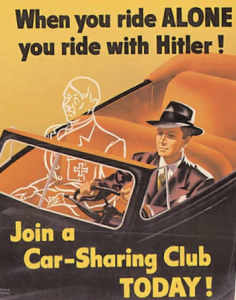
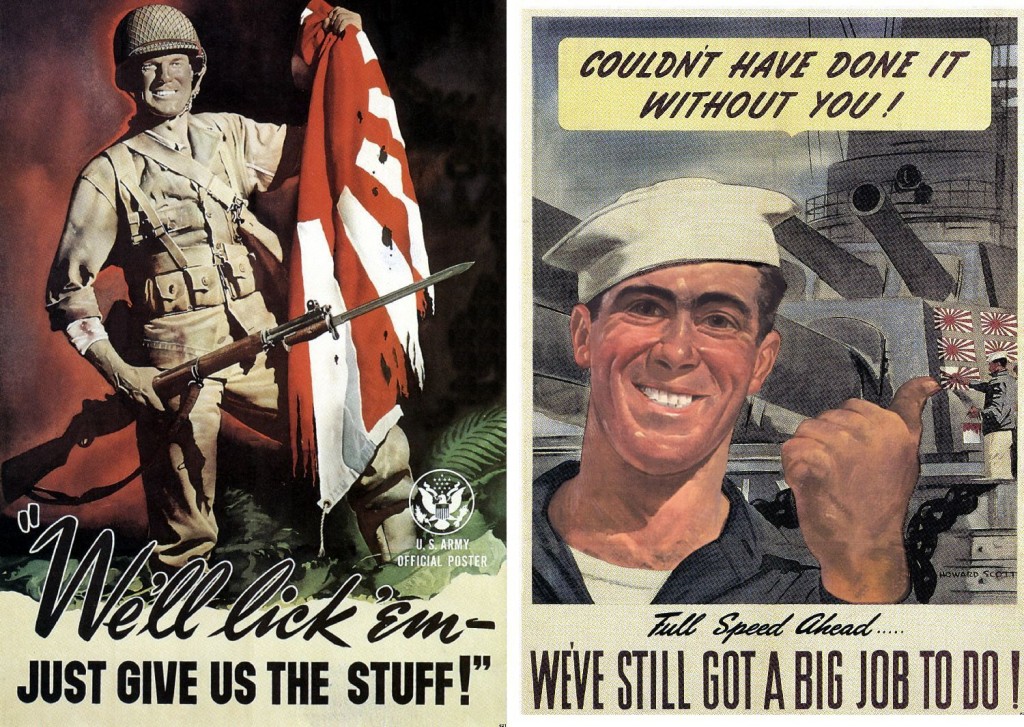
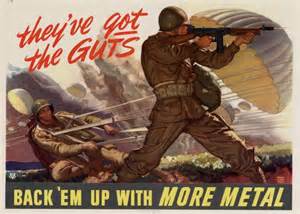
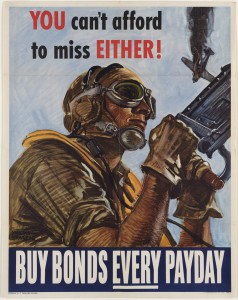 But by whatever arrangement of circumstances, he told a great story.
But by whatever arrangement of circumstances, he told a great story.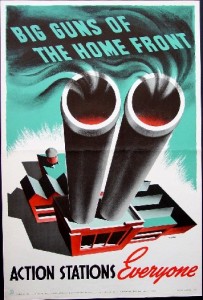 about their political biases, but left-wingers pretend to be impartial centrists and throw a fit when you call them out on their biases? Hmm…there’s at least one blog post in that curious state of things.)
about their political biases, but left-wingers pretend to be impartial centrists and throw a fit when you call them out on their biases? Hmm…there’s at least one blog post in that curious state of things.)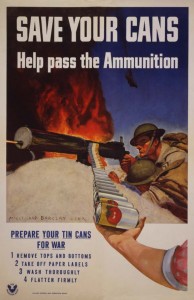 out on until now.
out on until now.
